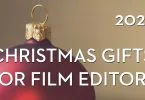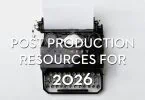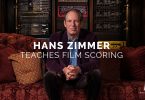Cut/daily Meets…. Interviews with Post-Production Pros
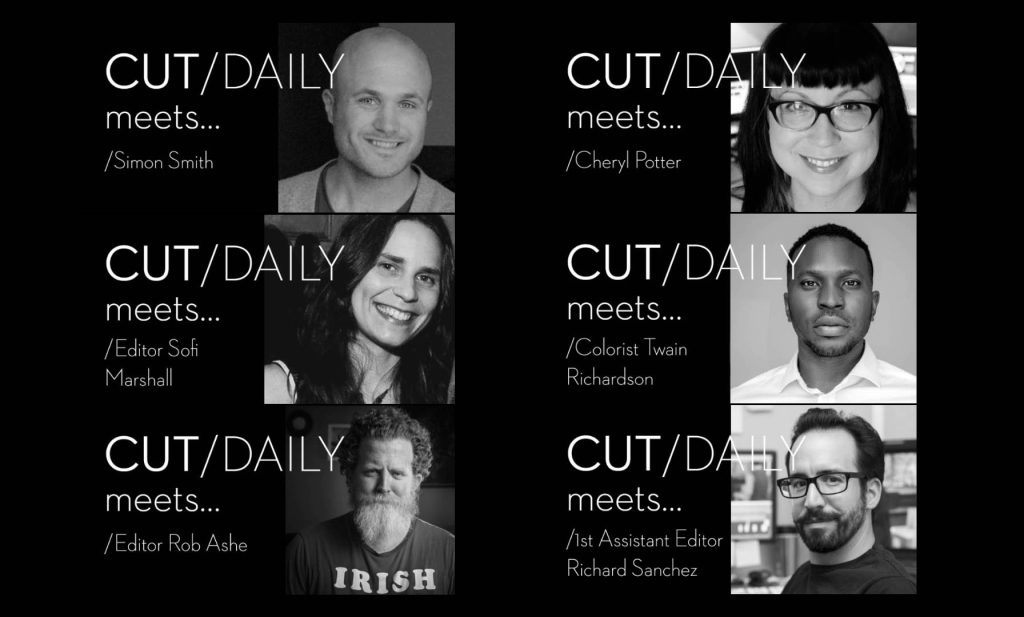
For the past 150+ days I’ve shared a post-production insight with my Cut/daily readership every Monday to Friday and in this post I wanted to share with you a few of my favourite film editing insights from Cut/daily’s bi-weekly interview series, Cut/daily Meets…
Hopefully this will give you a taste of what’s on offer over at Cut/daily, and thanks to Artlist.io’s recent sponsorship there are over 50 free issues of Cut/daily waiting for you when you sign up for free.
Or you can invest in your own post-production learning for just $5/month and get a new issue of Cut/daily delivered straight to your inbox every Monday to Friday.
Personally, I think this is a steal – especially when you see how much work goes into each issue!
What you’re about to enjoy is a composite issue of Cut/daily Meets… an on-going micro interview series with talented post-production artists from across the industry, by cherry picking one answer to each of the recurring six questions from six different interviewees.
Cut/daily Meets… Six Post Pros
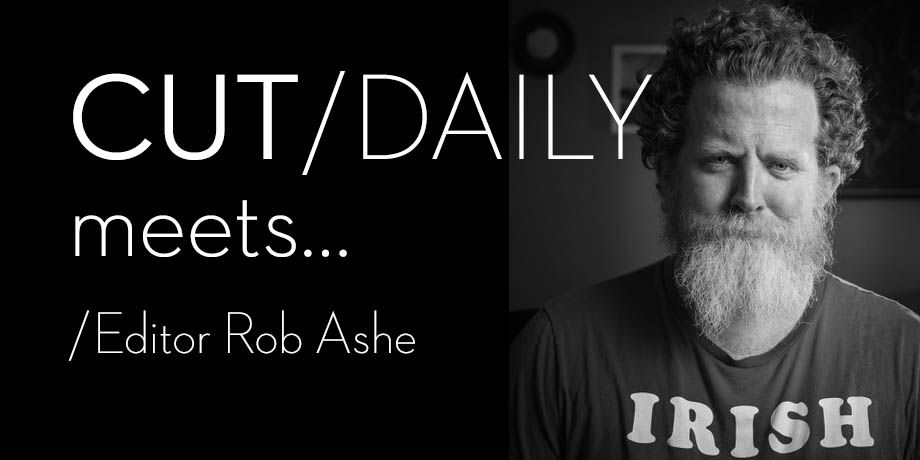
These answers are taken from six different Cut/daily Meets… interviews featuring:
- 1st Assistant Editor Richard Sanchez (Suicide Squad, The Good Place, Bill & Ted Face The Music)
- Colorist Twain Richardson
- Editor Sofi Marshall
- Editor Rob Ashe (Lead editor of Conan for 11 years!)
- Editor Cheryl Potter (Hanna, Snowpiercer, The Nevers)
- Editor Simon Smith (BAFTA Winner for Chernobyl)
What’s your daily work routine?
If we’re shooting (and thus receiving dailies) I usually like to use my mornings to tackle notes on existing sequences, that way I can bring fresh eyes to something I’ve already been working on.
It’s really helpful to come back to a scene after some time away, quite often you can see solutions that were eluding you the night before.
This gives me plenty to get on with in the mornings, which allows time for our assistant editors to prep the new material which I can then tackle around lunch time.
In the evenings I might get a visit from the director and we can review cut material and get more notes.
During post-production we are freed up from the daily influx of new material, so it tends to be lots of recutting and reviewing, but with VFX reviews and sound and music communications thrown in as well.
Excerpt from: #067 – Cut/daily Meets… Editor Cheryl Potter
What do you now know about your work that you wish you’d known when you first started?
Conan said to me around 11 years ago: “This is a marathon and not a sprint.“
There’s always another day to get something done, to nail the next version etc. Not everything hangs on you working until 2am under diminishing returns.
Go home. See your family. Get some sleep. You’ll get it done tomorrow.
Don’t be lazy and leave early just don’t sacrifice your health.
I think I’ve only now just begin to understand this.
Excerpt from: #040 – Cut/Daily Meets… Conan Editor Rob Ashe
What did your biggest professional failure teach you?
Before you admit to not knowing something, ask for clarification.
The example I often use is, I had an interview for a high profile television show that I didn’t get. I still remember the exact moment when I realized I wasn’t going to get the job.
They asked me if I knew “scripter” and I said, “I don’t know what scripter is.”
The silence hung heavy with their stares clearly exclaiming, “NEXT!”
As I walked to my car, I called a more experienced colleague and I said, “Have you ever heard of ‘Scripter’?”
And they said, “Yeah, that’s Script Sync.”
I thought, I know Script Sync!
Had I said, “I’m unfamiliar with the term ‘Scripter’ but I might know it by a different name, could you describe it to me?” Maybe that interview would have gone differently.
Terminology can be thrown around quite interchangeably, but I’ve found more often than not, when somebody uses a term that I’ve never heard of, I probably do know what they mean by a slightly different term.
Excerpt from: #122 – Cut/Daily Meets… 1st Assistant Editor Richard Sanchez
What’s the #1 thing that has helped you shorten your craft’s learning curve?
Saying “let’s try it” to pretty much any edit suggestion.
When I first started out, I thought it was my job to respond to “bad” ideas with all the reasons that they wouldn’t work.
The few times I was pressed to try them anyway, I was humbled to see that some of these “bad” ideas were actually great.
Now, even if I’m 99% sure something won’t work, I’ll still give it a try. If it works, great! If not, the process of trying something new often leads to an even better idea.
Excerpt from: #092 – Cut/daily Meets… Editor Sofi Marshall
What book has helped you the most over your career?
Honestly, Avid Editing: A Guide for Beginning and Intermediate Users by Sam Kauffmann.
I accepted an assistant job having never used Avid, had two weeks before I started, so just drilled this book every day!
Got me into the industry.
One I’d recommend most to new editors now is Art of the Cut by Steve Hullfish. It’s a brilliantly curated set of interviews on the craft.
And I really enjoyed Taschen’s The Stanley Kubrick Archives, I’ve read that cover to cover.
Excerpt from: #057 – Cut Daily Meets…BAFTA Winning Editor Simon Smith
And your parting piece of advice?
Everything works, not everything works for you.
Find what works for you and keep at it.
Also, it’s totally OK to change direction when you’ve given something your all and it doesn’t work.
Excerpt from: #112 – Cut/daily Meets… Colorist Twain Richardson

